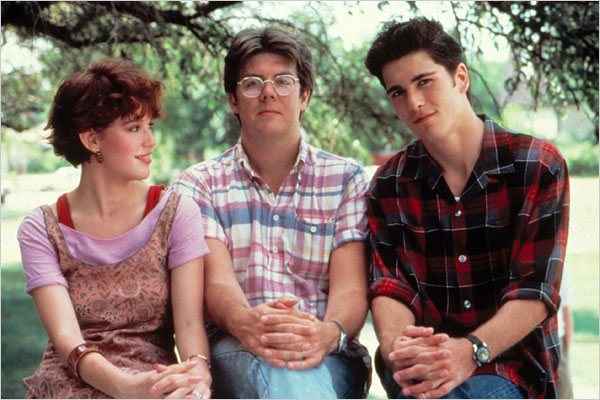
John Hughes On John Hughes
I so desperately hate to end these movies that the first thing I do when I'm done is write another one. Then I don't feel sad about having to leave and everybody going away. That's why I tend to work with the same people; I really befriend them. I couldn't speak after Sixteen Candles was over. I returned to the abandoned house, and they were tearing down [Samantha Baker's] room. And I was just horrified, because I wanted to stay there forever.
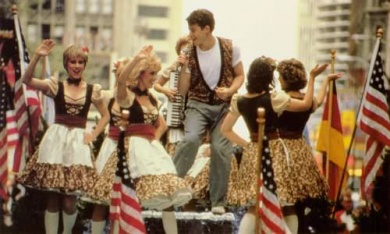
Most of my work has been about ordinary people. Just regular folks, the guys that live on the right and left of you, the people you grew up next to. They're people you see every day, but you may never stop and think about them. But if you do stop and look, you discover there are really great dramas taking place in every one of those lives.
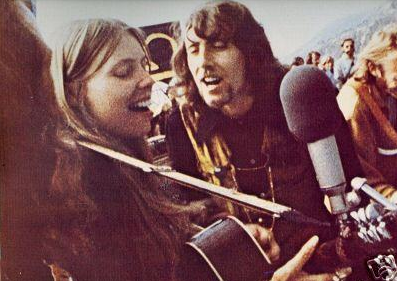
Molly Ringwald: Would a woman like Kelly LeBrock have been your ideal when you were a teen?
John Hughes: No. Too scary.
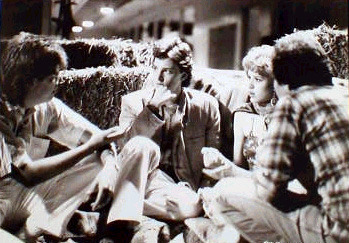
Ferris has a line where he refers to his father's saying that high school was like a great party. Ferris knows what his father was like, and he knows that his father has just forgotten the bad parts. Adults ask me all sorts of baffling questions, like, "Your teenage dialogue - how do you do that?" and "Have you actually seen teens interact?" And I wonder if they think that people under twenty-one are a separate species. We shot Ferris at my old high school, and I talked with the students a lot. And I loved it, because it was easy to strike up a conversation with them. I can walk up to a seventeen-year-old and say, "How do you get along with your friends?" and he'll say, "Okay." You ask a thirty-five-year-old the same question, and he'll say, "Why do you want to know? What's wrong? Get away from me." All those walls built up.
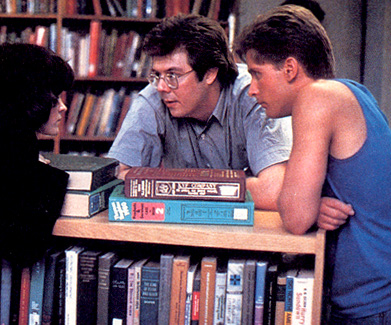
I was kind of quiet. I grew up in a neighborhood that was mostly girls and old people. There weren't any boys my age, so I spent a lot of time by myself, imagining things. And every time we would get established somewhere, we would move. Life just started to get good in seventh grade, and then we moved to Chicago. I ended up in a really big high school, and I didn't know anybody. But then The Beatles came along.Changed my whole life. And then Bob Dylan's Bringing It All Back Home came out and really changed me. Thursday I was one person, and Friday I was another. My heroes were Dylan, John Lennon and Picasso, because they each moved their particular medium forward, and when they got to the point where they were comfortable, they always moved on. I liked them at a time when I was in a pretty conventional high school, where the measure of your popularity was athletic ability. And I'm not athletic - I've always hated team sports.
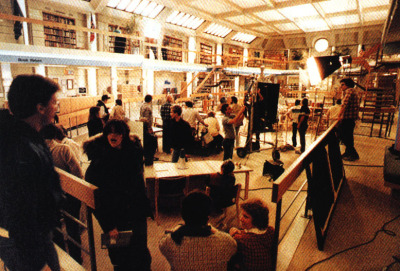
The Beatles and The Clash are the greatest. I've listened to the Beatles' White Album for more than sixteen years, and when we were filming Ferris Bueller, I listened to the album every single day for fifty-six days.
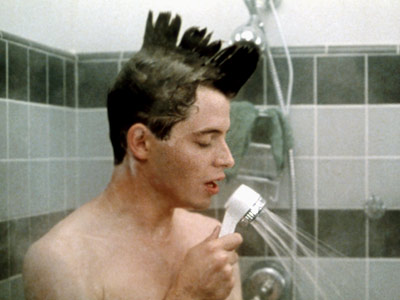
I was very worried that some of the long dialogue scenes in The Breakfast Club would get booed off the screen, but I think they work because by the time you reach them, you've gotten to know the characters.
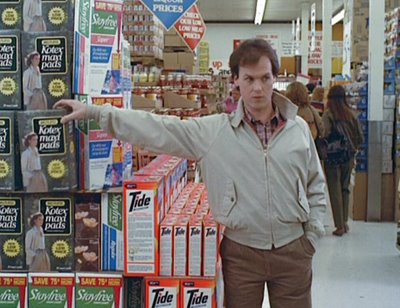
Mr. Mom was pretty badly butchered. I just got raped on the project. It is, in fact, the story of my and my two children. I did the first draft in a day and a half, one sitting.
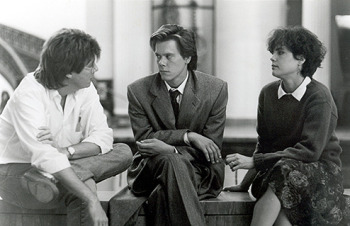
I never start with the jokes. I look at an issue and try to find every story in it. The world can only take so many Airplane!s. To me, Animal House was a character movie. I'm a great fan of Capra, Hitchcock, and The Honeymooners. Stories and characters. You get a lot of bad comedy from people sitting around a bar and saying, "Wouldn't it be funny if?" The Lampoon taught me the value of being honest, to reach deep into myself and put out things that other people were also thinking.
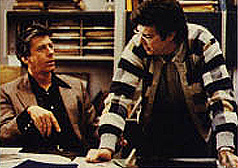
I used to watch The Mickey Mouse Club, those obnoxious, spoiled Mouseketeers you just wanted to beat the tar out of. They could do anything! Disneyland after hours? Whatever you want! They'd wear these horse things, and they'd give away giant Tootsie Rolls. My grandmother was diabetic; there was a fear of sugar in my house. I wanted one of those goddamn Tootsie Rolls, I wanted to dance with that horse for a while, I wanted to go to Disneyland. I never got there as a kid and knew I never would.

I stumbled into this business, I didn't train for it. I yelled 'Action!' on my first two movies before the camera was turned on. They're not perfect movies, they're flawed. They're not cappuccino pictures, they're sort of Maxwell House instant coffee out of the machine at the car wash.
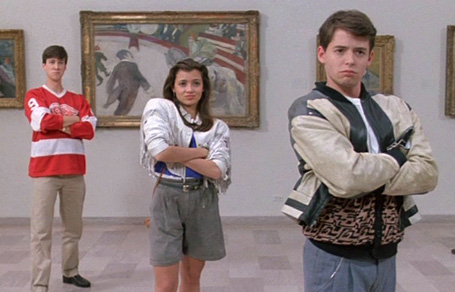
America has this great reverence for New York. I look at it as this decaying horror pit. So let the people in Chicago enjoy Ferris Bueller.
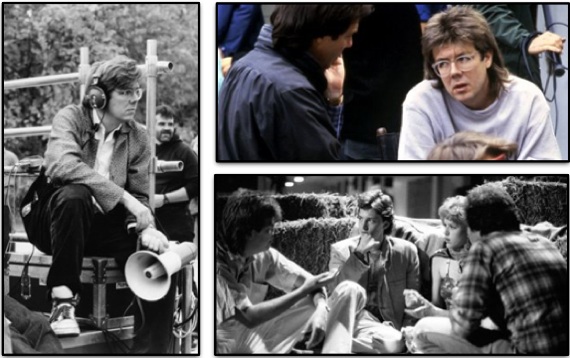
People ask me, ‘Were you the geek?’ No, I wasn’t. ‘So which one were you?’ I don’t get it. Who was Alfred Hitchcock in his movies? Janet Leigh? Did anyone even ask him?
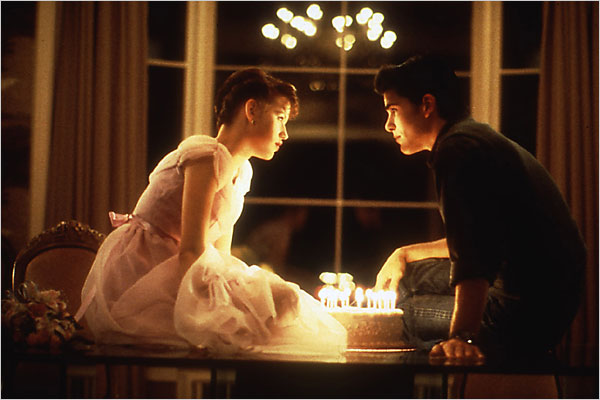
You know that assignment you always get in high school when you’re reading Walden, to keep a journal? Well, I just kept doing that.







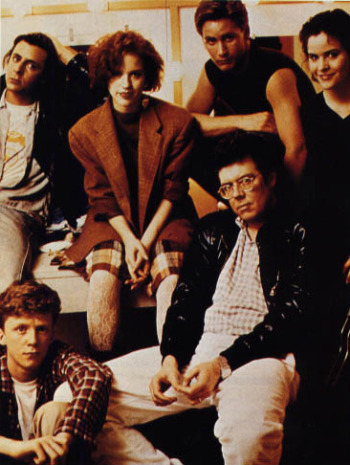
"Danke Schoen" — Wayne Newton (mp3)
"Love Missile F1-11 (Dance Mix)" — Sigue Sigue Sputnik (mp3)
"Taking the Day Off" — General Public (mp3)
"Please Please Please Let Me Get What I Want" — The Dream Academy (mp3)
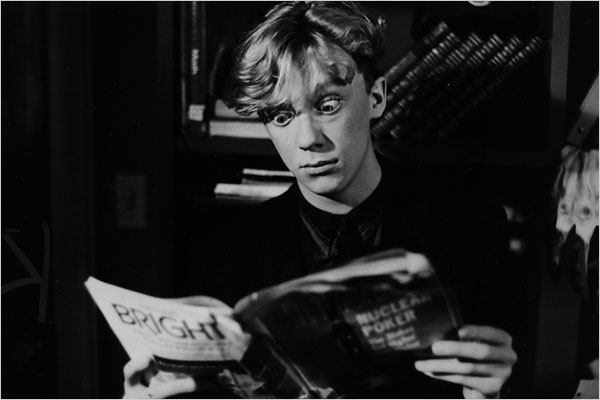
 LOS ANGELES
LOS ANGELES  Sunday, August 9, 2009 at 9:54AM
Sunday, August 9, 2009 at 9:54AM 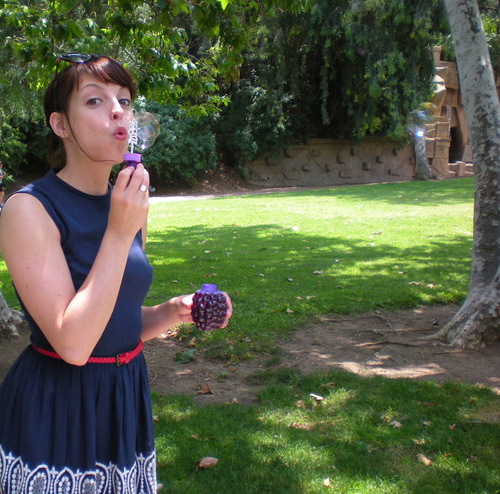
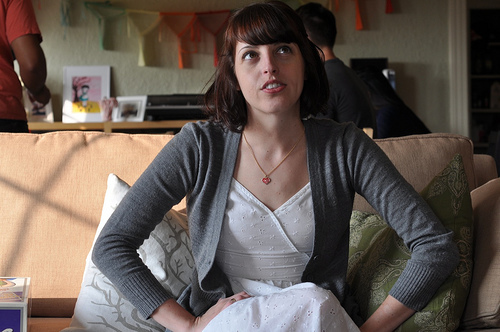 photo by jonah ray I remember straddling her as she lay face-down on her couch one afternoon. We had ditched class like always, and her single mother was at work. She wanted the word "Love" carved into her back, she told me as she held a lighter to a razor blade to disinfect it, before handing it over to me. I pressed as lightly as possible, barely drew any blood, but I remember thinking how stupid she was for doing that. She was the dominant one in our relationship though, more of a boyfriend to me than a friend, so I didn't tell her this.
photo by jonah ray I remember straddling her as she lay face-down on her couch one afternoon. We had ditched class like always, and her single mother was at work. She wanted the word "Love" carved into her back, she told me as she held a lighter to a razor blade to disinfect it, before handing it over to me. I pressed as lightly as possible, barely drew any blood, but I remember thinking how stupid she was for doing that. She was the dominant one in our relationship though, more of a boyfriend to me than a friend, so I didn't tell her this.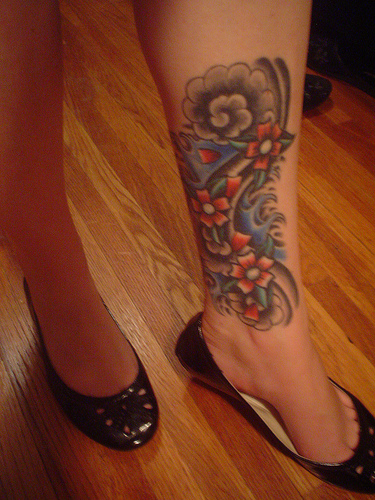
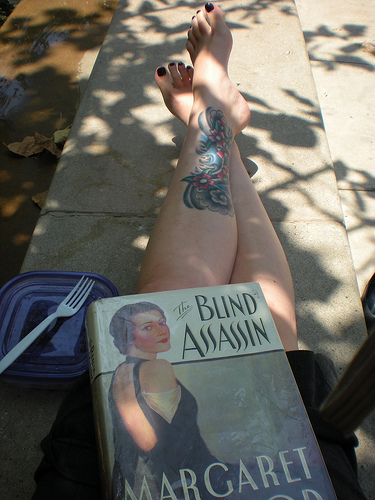
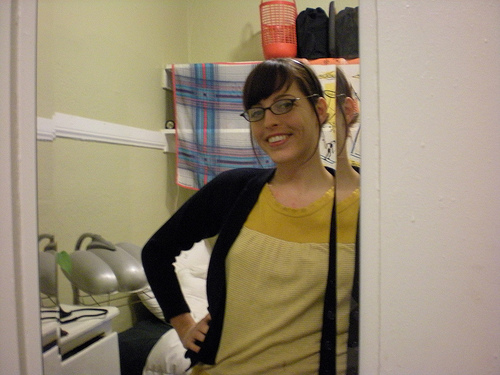
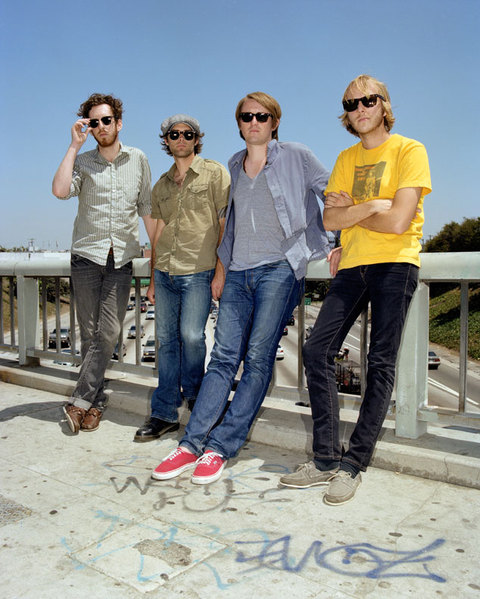
 georgia hardstark,
georgia hardstark,  los angeles,
los angeles,  tattoo
tattoo 

















































